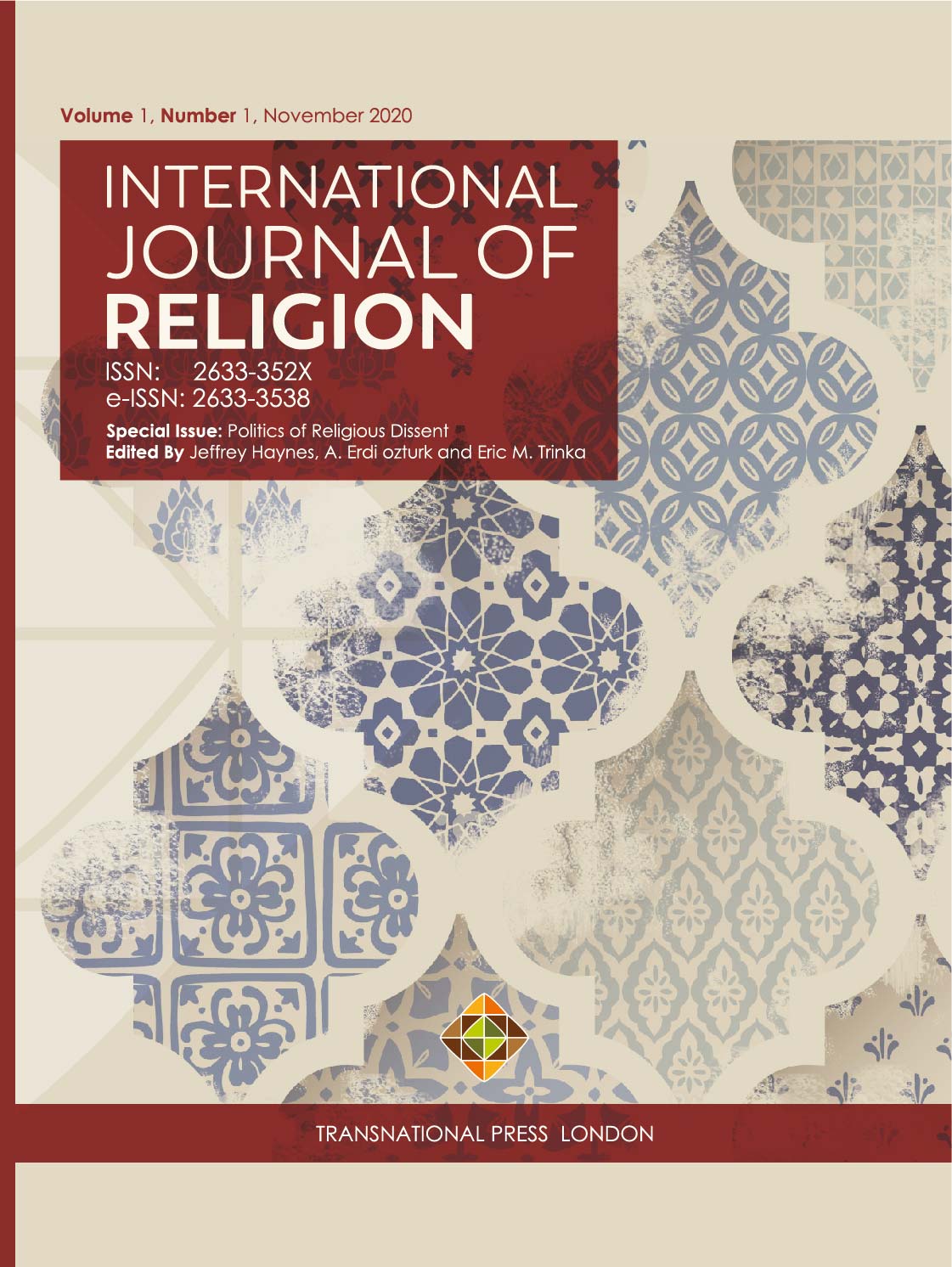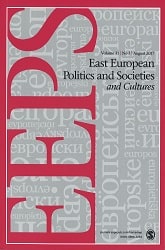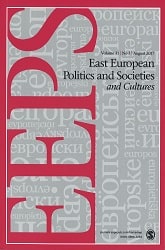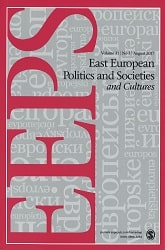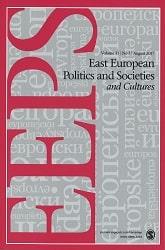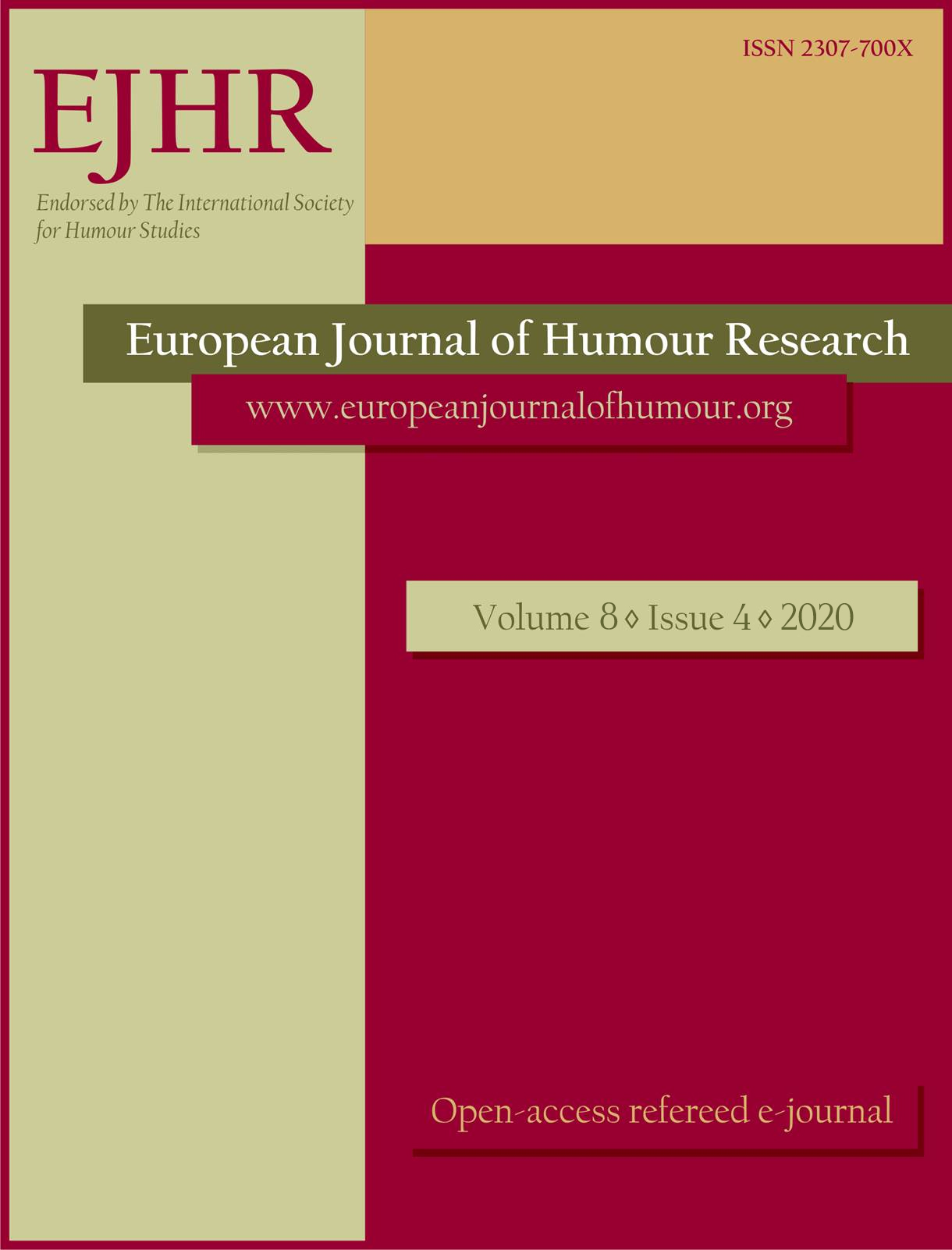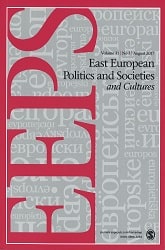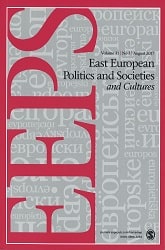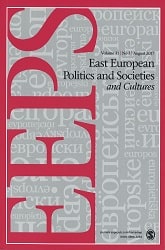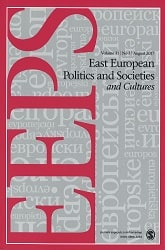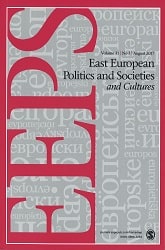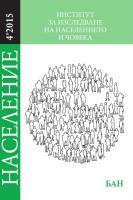
Провал на мултикултурализма? Добре, а оттук нататък?
This article refers to minority policies in liberal-democratic societies. A number of failures in this field are explained as a result of the one-sidedness of these policies. I differentiate between two types of them: universalist (of an “orthodox” liberal type) and particularist (nationalist or multiculturalist) ones. I claim that neither “pure’ universalism, nor extreme particularism can serve as adequate approaches to the complex issues of, first and foremost, ethnic and religious minority communities. I comment, further, in a positive vein, two up to date theories which aim at a synthesis of these publicly-political approaches – John Rawls’s political liberalism and Jürgen Habermas’s theory of “two track” deliberative politics.
More...
